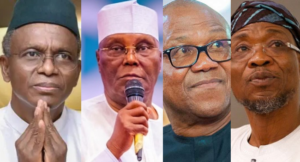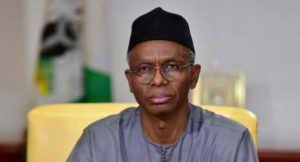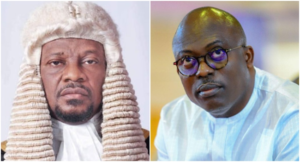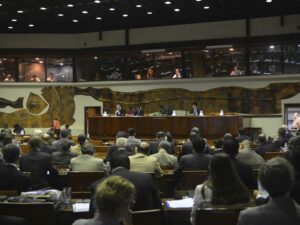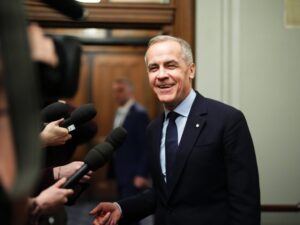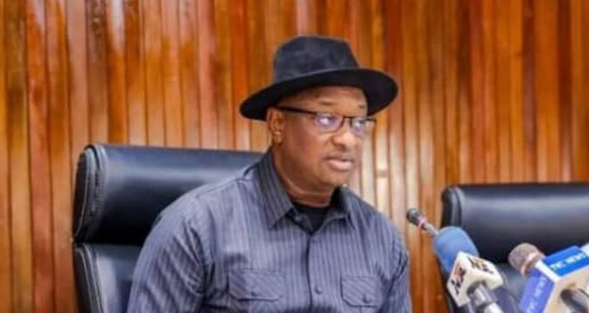
Festus Keyamo, spokesperson of the All Progressives Congress (APC) presidential campaign council, has rejected the outcome of the pre-election opinion poll commissioned by Anap Foundation, a non-profit organisation.
The poll result, which was released on Wednesday, projected Peter Obi of the Labour Party (LP) as the leading presidential candidate ahead of the 2023 elections.
The result of the poll, conducted in December, showed that 23 percent of respondents expressed their interest to vote for Obi if the election was held at the time, while Bola Tinubu of the APC got 13 percent.
Atiku Abubakar of the Peoples Democratic Party (PDP) got 10 percent, while Rabiu Kwankwaso of the New Nigeria Peoples Party (NNPP) was a distant fourth with two percent.
The organisation, however, said the December poll is inconclusive considering that the combination of undecided voters and voters who refused to disclose their preferences, is enough to change the poll outcome.
In a statement on Thursday, Keyamo said there were many unanswered questions regarding the format for conducting the poll, and alleged that the outcome was “deliberately skewed”.
“There is no need to join issues with or analyse this fallacious polls any further once you see the methodology by which the poll was conducted: according to Atedo Peterside, it was ONLY by phone that it was conducted because of the ‘insecurity’ across the country. They did not conduct a person-to-person enquiry,” the statement reads.
Keyamo also posed some questions to the organisation on how the poll was conducted.
“How did they ascertain the phone numbers of those who reside or are registered in a particular state?” the statement reads.
“If it is from the INEC register (was it made available to them?) how did they ascertain those that have collected their PVCs and are eligible to vote, since collection of PVC just began?
“Assuming the INEC register was not made available to them, and they randomly sampled opinions by phone numbers and asked people to state their locations or where they are registered to vote, what gave them the assurance that respondents truthfully stated their locations?
“It is a fact that many people in Nigeria have two to three phone numbers; if so, how sure are they that many respondents did not respond by different phone numbers that they may have?
“It is also true that millions of under 18-year-olds have access to phones in Nigeria and the world, how did they ascertain the ages of those responding to their supposed enquiries?
“Many unanswered questions. In all, in a complex country like Nigeria, anything short of a person-to-person polling, including harvesting enquiries from far-flung rural areas and in local languages, is a complete exercise in futility.
“Finally, my considered opinion is that this poll is deliberately skewed to encourage the supporters of a particular candidate whose enthusiasms have waned in recent times in the face of the hard realities they have seen on the ground on the campaign trail.”


